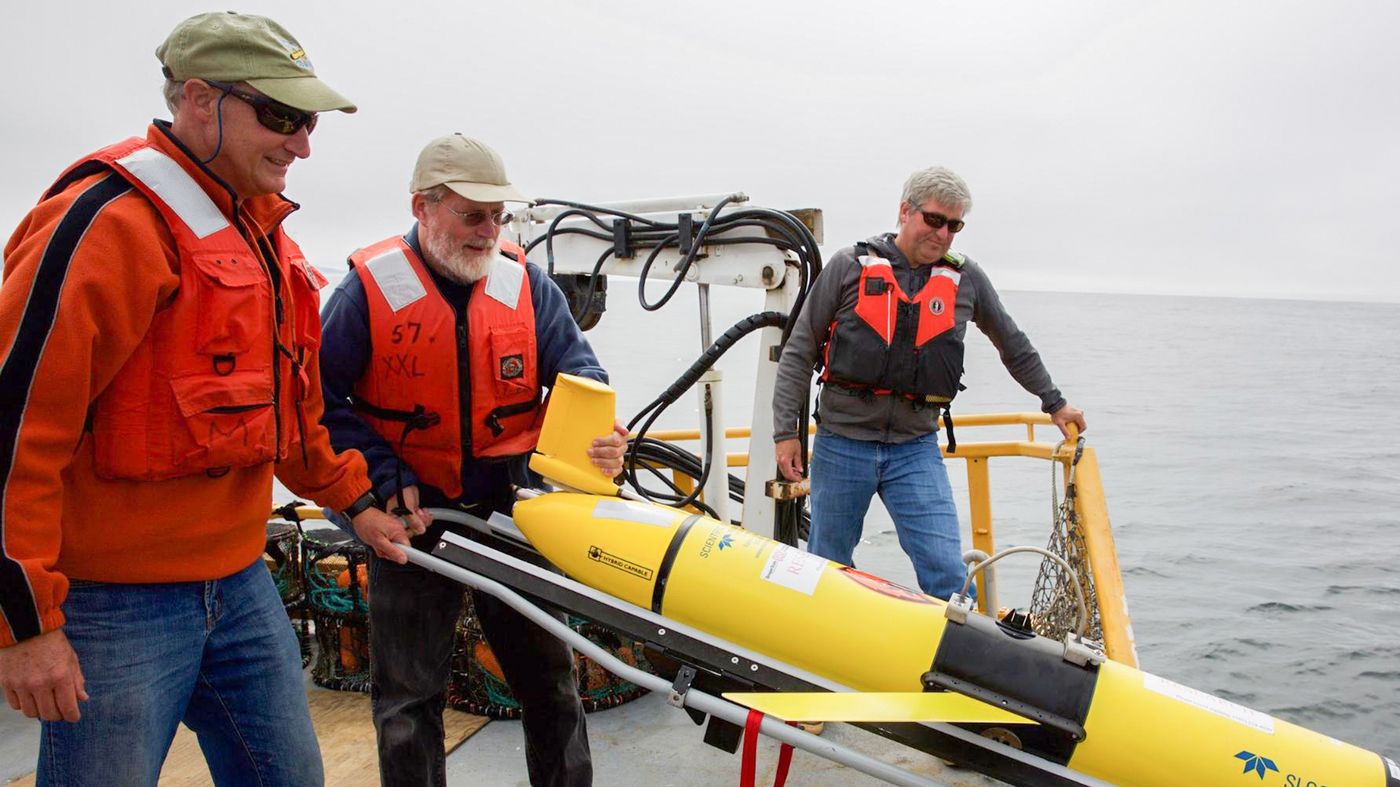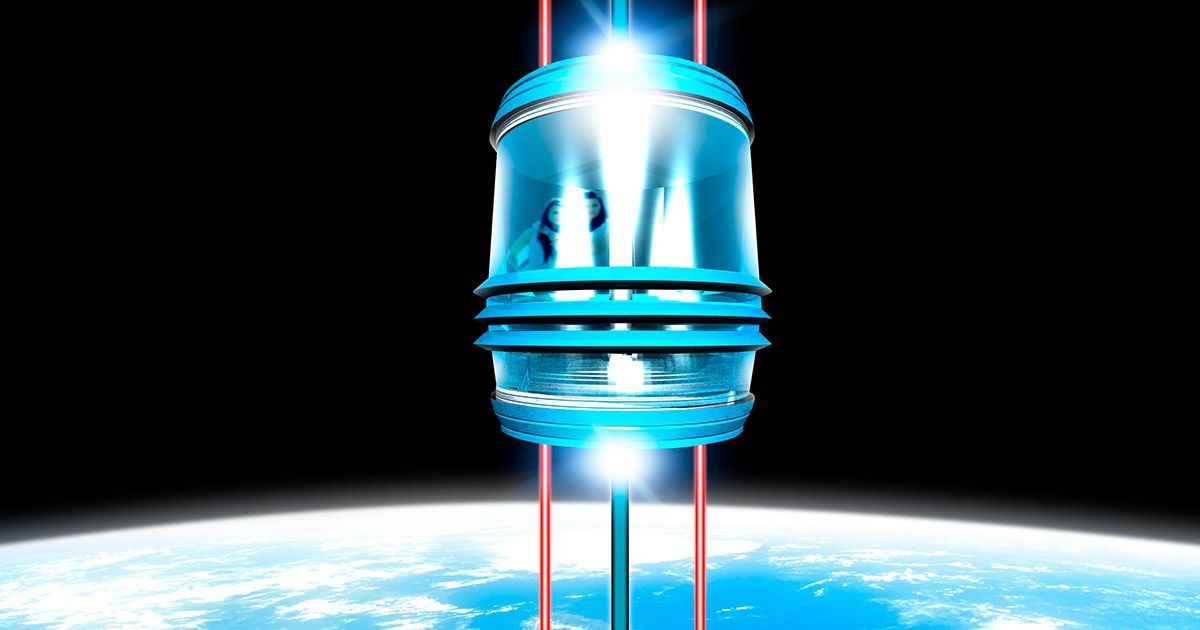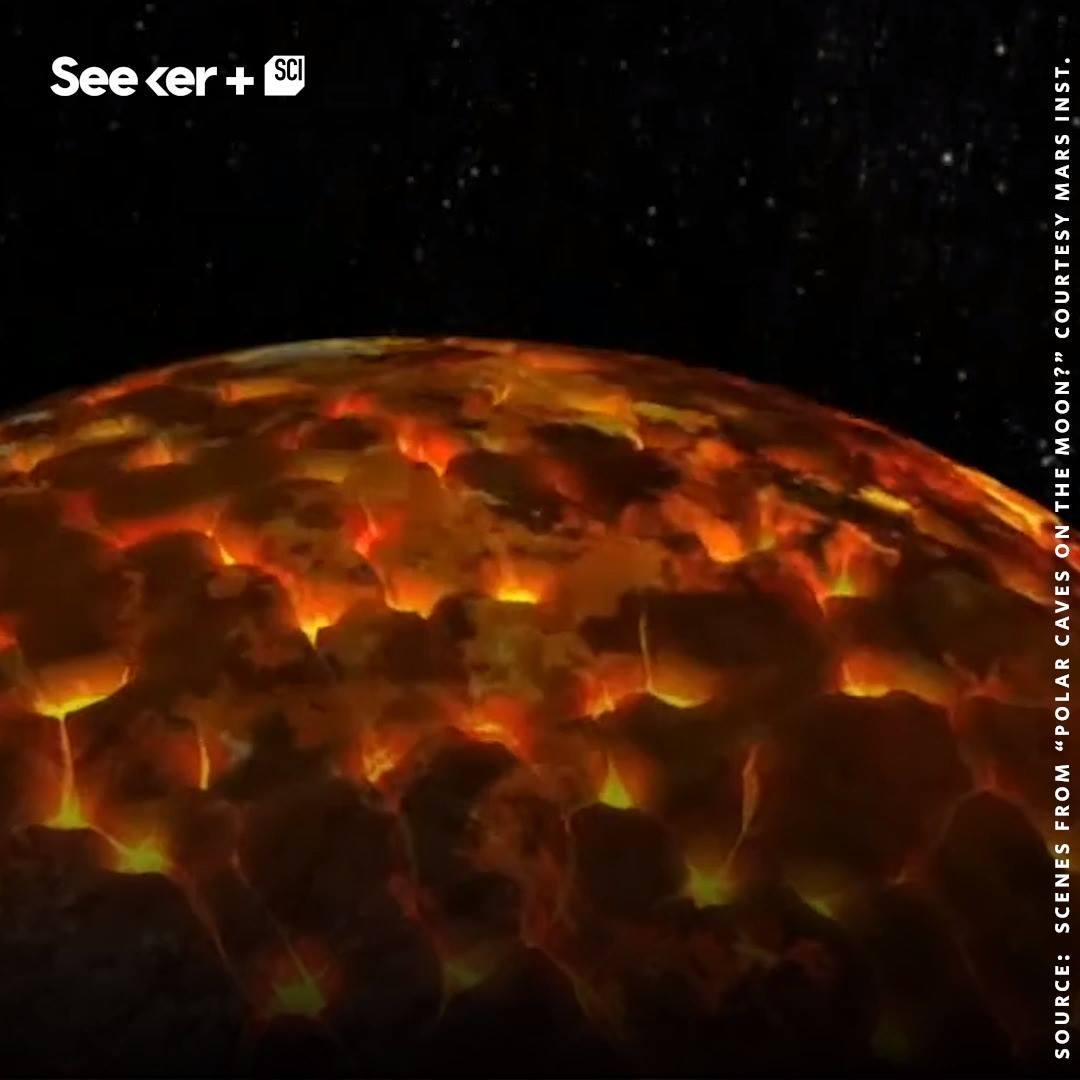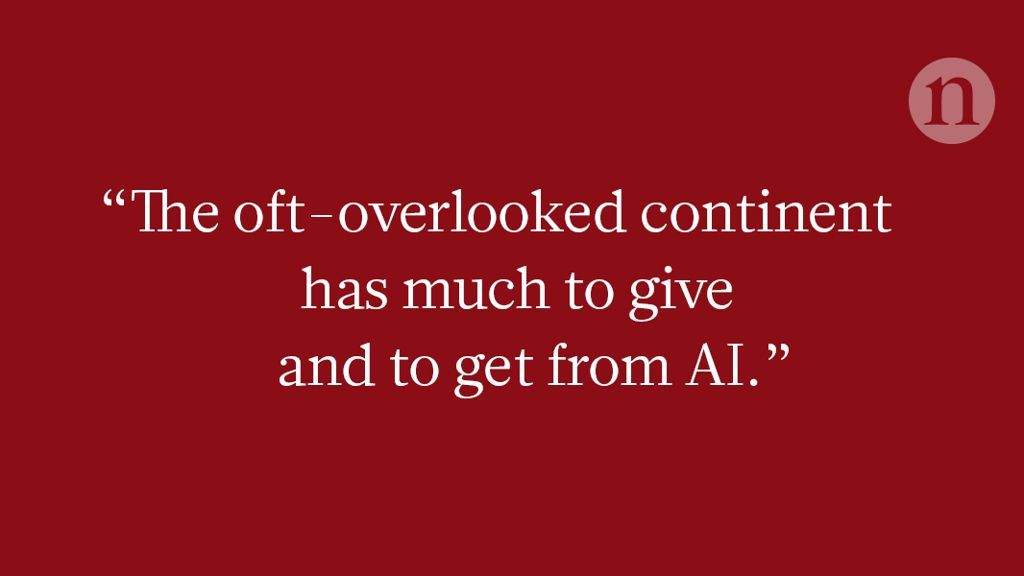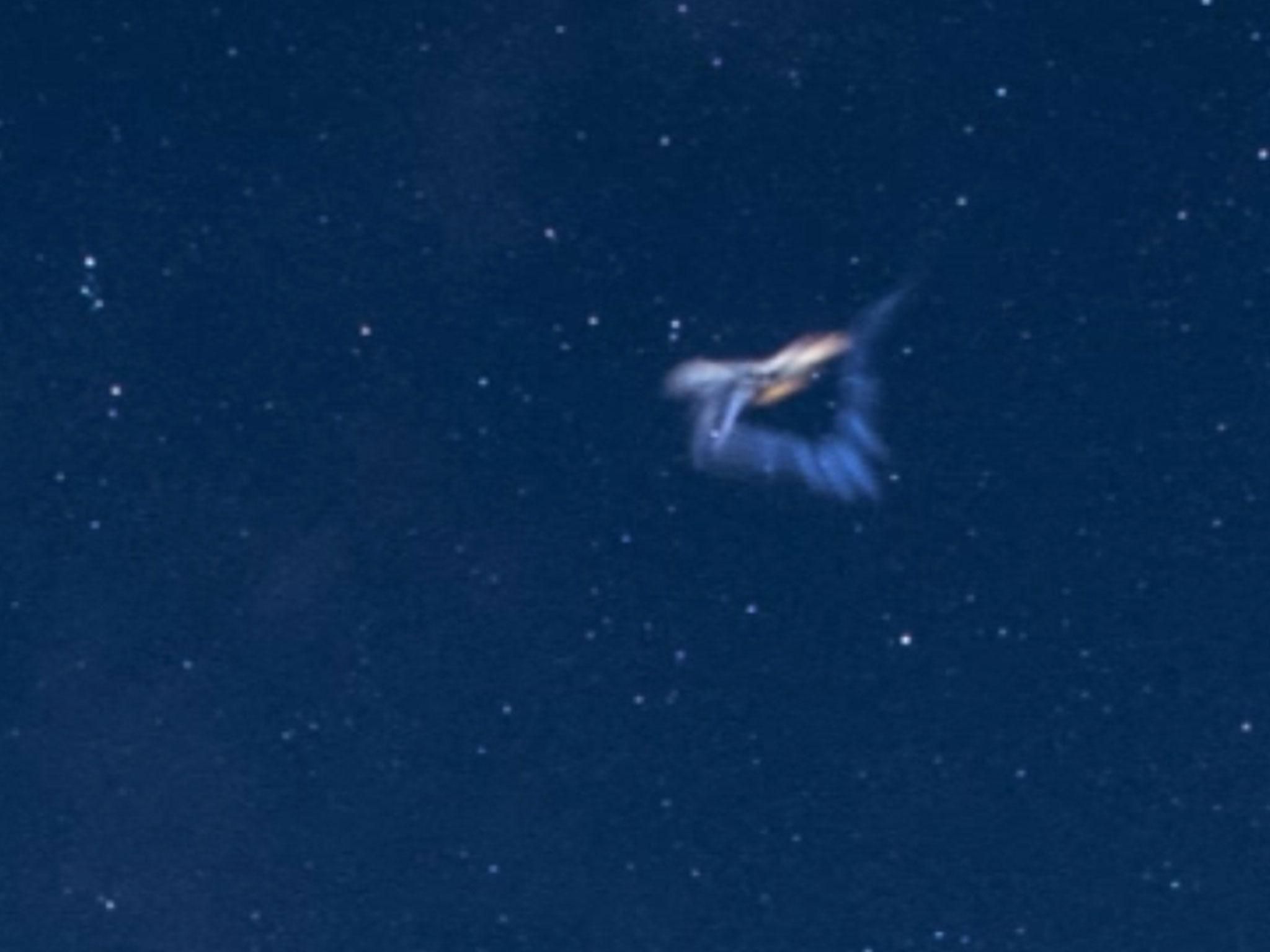Page 9131
Oct 28, 2018
If atoms are mostly empty space, why is matter not transparent?
Posted by Genevieve Klien in category: particle physics
Sure there’s lots of empty space within atoms, but that doesn’t mean there’s nothing there to see.
Oct 28, 2018
Young scientists develop enviro-friendly bricks made out of urine
Posted by Genevieve Klien in categories: climatology, sustainability
Oct 28, 2018
Coastal Pacific Oxygen Levels Now Plummet Once A Year
Posted by Genevieve Klien in category: futurism
Scientists credit the crab and oyster industries with noticing a change in oxygen levels in coastal Pacific waters.
Oct 28, 2018
There Are More Tiger Types Than We Thought, New Genetic Analysis Reveals
Posted by Genevieve Klien in categories: biotech/medical, genetics
Tigers seem pretty straightforward: stripes, sharp claws, awe-inspiring grace wielded by hundreds of pounds of rippling muscle, fondness of sugary cereal, etc. But new research on the big cats’ DNA is the latest indication that underneath that striking orange and black pelage, not all tigers are the same. Scientists are now reporting that tigers are broken up into six distinct subspecies spread out across Asia.
In endangered species like tigers, pegging down the exact number of subspecies can be pretty important for conservation purposes. Being mindful of how the species is naturally divided up in the wild—and how populations may be evolving independently of one another—can allow conservationists to more effectively manage populations as cohesive units. Global tiger conservation has struggled with this since there’s been plenty of disagreement on how many subspecies even exist.
Oct 28, 2018
Scientists Say New Material Could Hold up an Actual Space Elevator
Posted by Michael Lance in categories: materials, space
Oct 28, 2018
Ice-Filled Lava Tubes On The Moon Could Aid Astronauts
Posted by Michael Lance in category: space
Oct 28, 2018
Look to Africa to advance artificial intelligence
Posted by Derick Lee in categories: education, information science, robotics/AI
That will require widening of the locations where AI is done. The vast majority of experts are in North America, Europe and Asia. Africa, in particular, is barely represented. Such lack of diversity can entrench unintended algorithmic biases and build discrimination into AI products. And that’s not the only gap: fewer African AI researchers and engineers means fewer opportunities to use AI to improve the lives of Africans. The research community is also missing out on talented individuals simply because they have not received the right education.
If AI is to improve lives and reduce inequalities, we must build expertise beyond the present-day centres of innovation, says Moustapha Cisse.
Oct 27, 2018
‘Once in a lifetime’ video captures moment a meteor explodes in the night sky above a castle
Posted by Alberto Lao in category: futurism
But halfway through the shoot, Nick saw the meteor fly across the sky behind the castle.
He said: “I immediately thought, ‘I hope that was caught in the frame’. It’s very unusual to see a meteor that big. Because I was shooting the star trail, I couldn’t check the footage immediately.”
When he got home and reviewed his pictures, he realised he had caught the moment.




